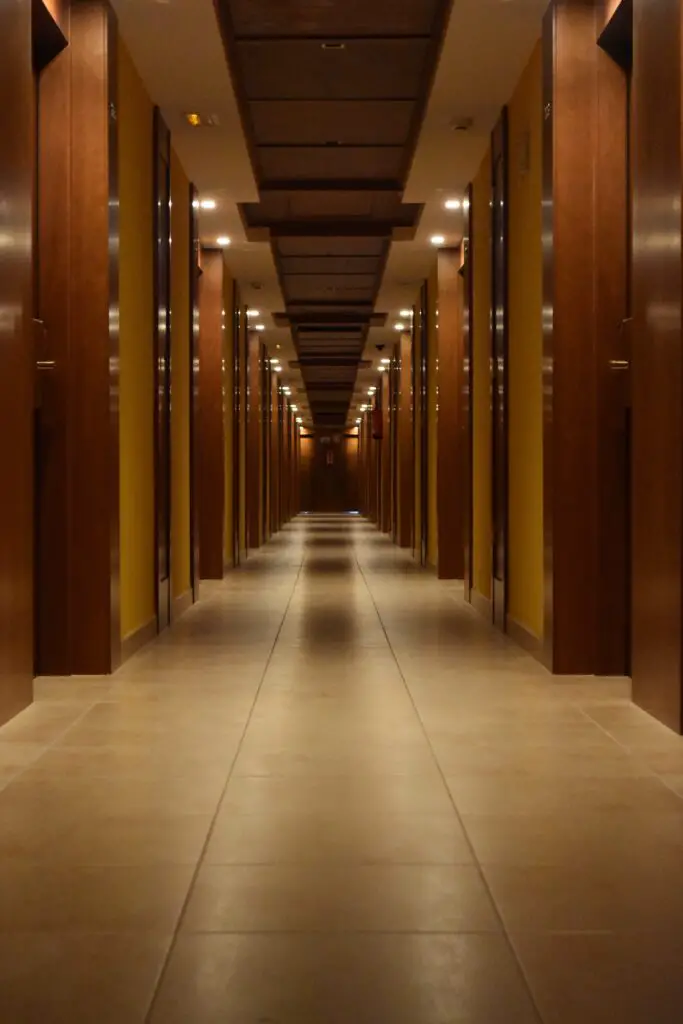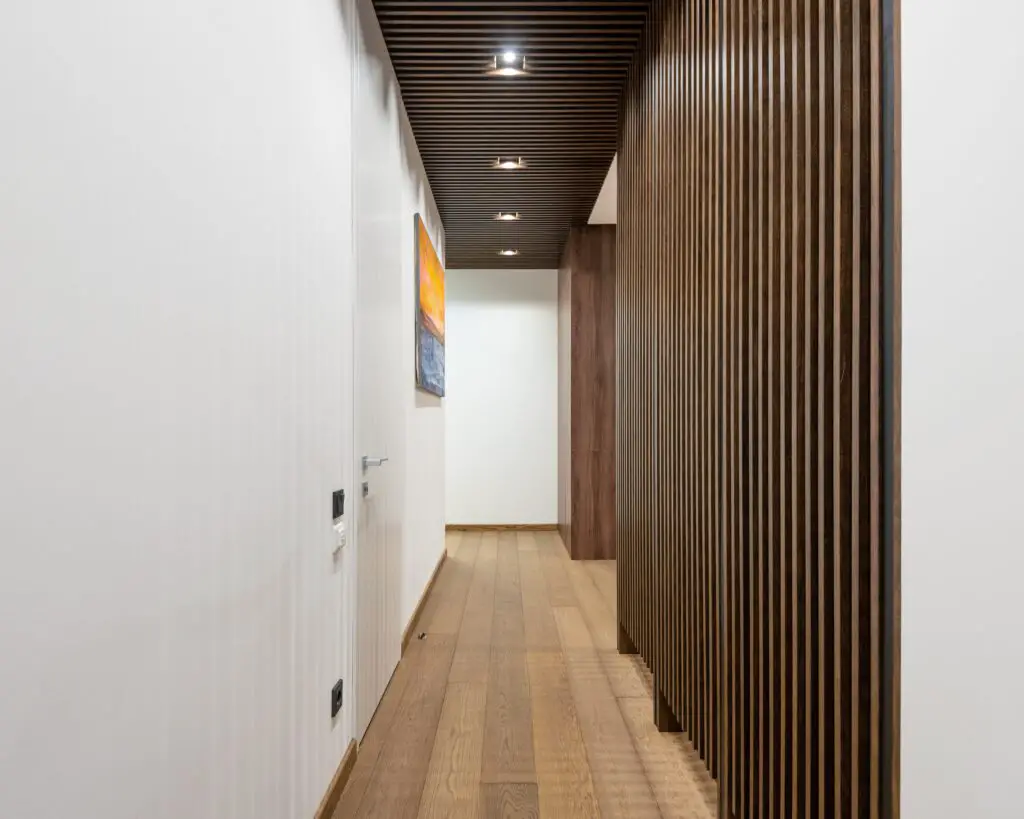Polyvinyl chloride (PVC) ceiling panels are a popular choice for coating the ceilings of both residential and commercial structures. Each PVC ceiling panel has a hollow core and a smooth, shiny surface and is made in a factory into ceiling panels with different shapes, colors, sizes, and lengths. In wet places like balconies, bathrooms, and basements, these panels serve as the finest alternative to traditional mineral fiber ceilings like POP and gypsum since they are waterproof. Here are some important details.
Pro: Extremely robust
PVC ceiling panels are robust and long-lasting. They are durable and won’t bend or distort over time. PVC ceiling panels are not brittle and are less prone to be damaged during handling than gypsum and POP.
Pro: Reasonable
They are an economical alternative to the typical POP or gypsum ceiling panels.
Pro neat installation
PVC ceiling panel installation is uncomplicated, as the panels may be cut and trimmed without problem. Also, they do not generate a dusty environment during installation.
Pro: It’s lightweight
One of the lightest materials used for the ceiling is PVC ceiling panels. They are incredibly simple to handle, transport, and install on-site.
Pro: Low maintenance
The best thing about these panels is how simple it is to maintain them as they don’t need to be painted, varnished, or given any other kind of special treatment. To keep PVC ceiling panels appearing brand-new, all they require is the occasional fast wipe with a moist cloth or household cleansers.
Pro: Strong resistance to moisture
These ceiling panels are waterproof and do not absorb water, so they discourage dampness and do not foster mould or mildew growth.
On the other hand, POP and gypsum tend to absorb moisture, which causes them to turn yellow or develop unsightly yellow stains. They are not advised for moist environments.

Con: Has a plastic appearance.
PVC ceiling panels, both interior and external, provide the space they are employed in a plastic appearance. Additionally, each panel’s joining lines are clearly visible.
Con: Not resistant to heat
Since the PVC ceiling panels are comprised of plastic, they may get damaged when subjected to heat. Therefore, only use energy-efficient LED lights for any ceiling-mounted lighting instead of heat-emitting bulbs.
Con: PVC might produce harmful gases
PVC products are produced using chlorine, and over time, a small amount of the hazardous chlorine gas may be emitted into the atmosphere. Use PVC ceiling panels sparingly in areas like kitchens because PVC is also extremely poisonous when burned.
To know more about How to Apply Building Permit in the Philippines
To know other construction guides, tips, and methodology for beginners, veterans, and contractors, please see here.
To know the flood prone areas in the Philippines, Top 10 Flood-Prone Areas to Live in the Philippines.
To know more about Concrete Hollow Blocks, Simple Reasons Why Hollow Blocks are Highly Used in the Philippines
To know more about Surface Materials, What is the Best Surface Material: Laminate Vs. Veneer Vs. Solid Wood
To know more about House Construction, How to Build a House Cheaply: 7 Simple Ways to Save on Home Construction

